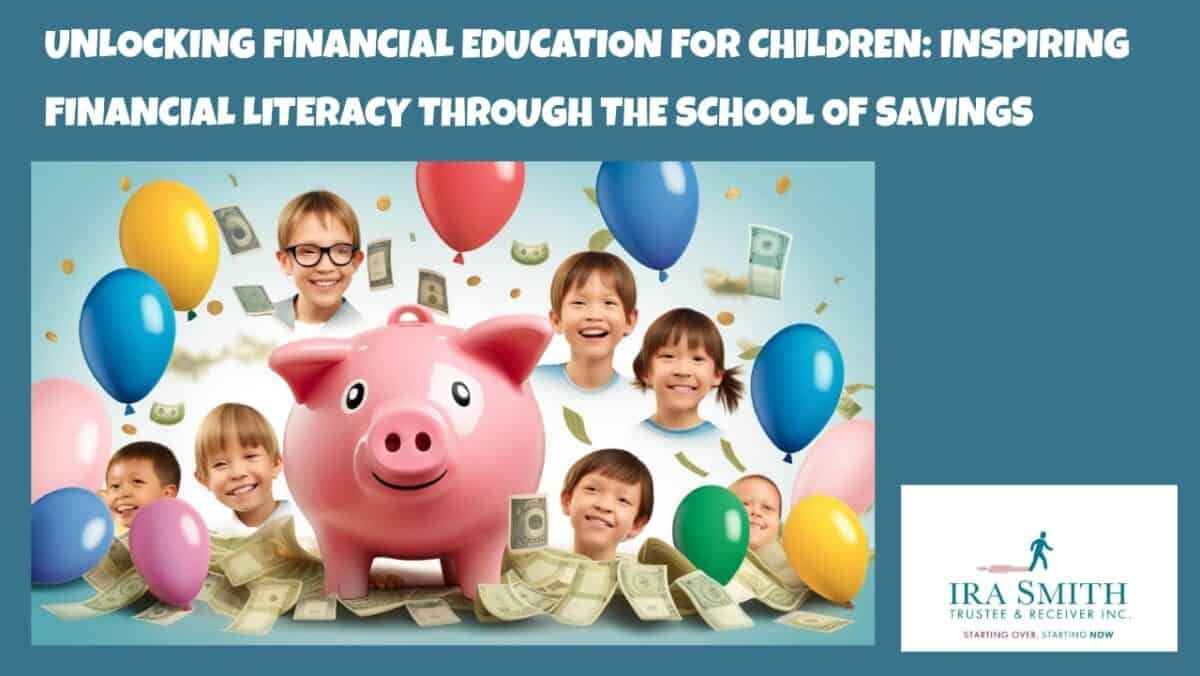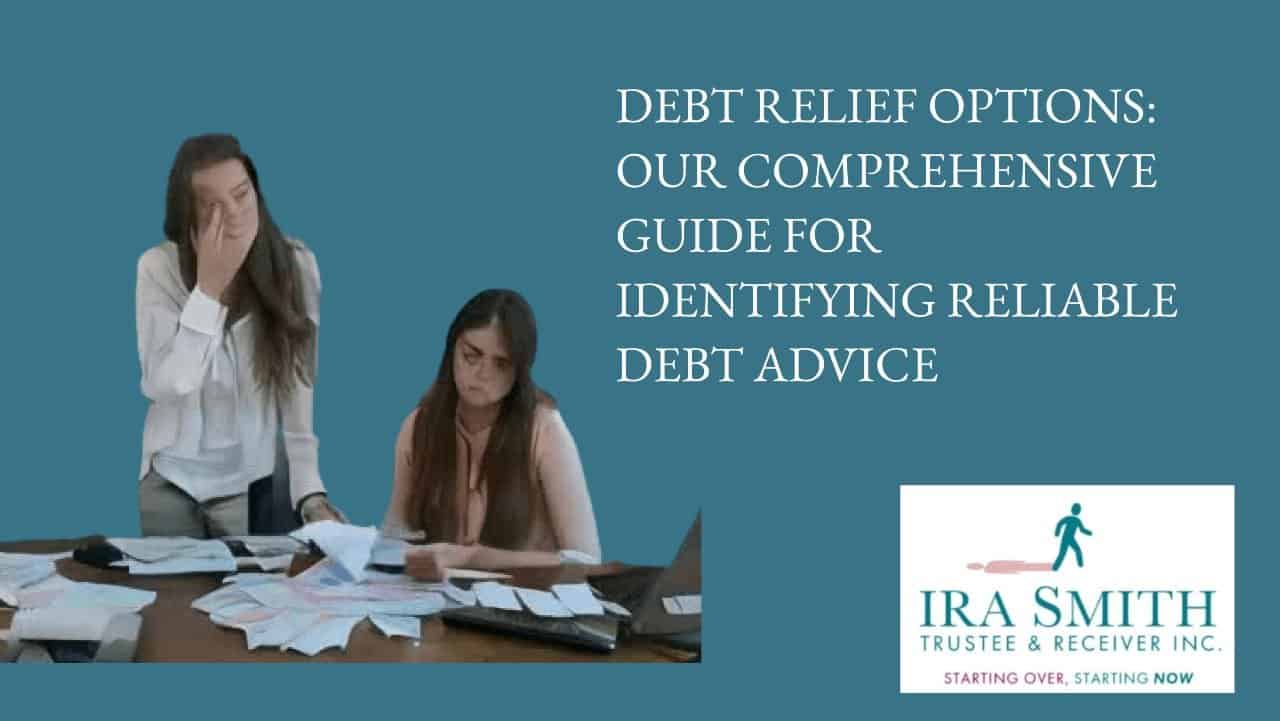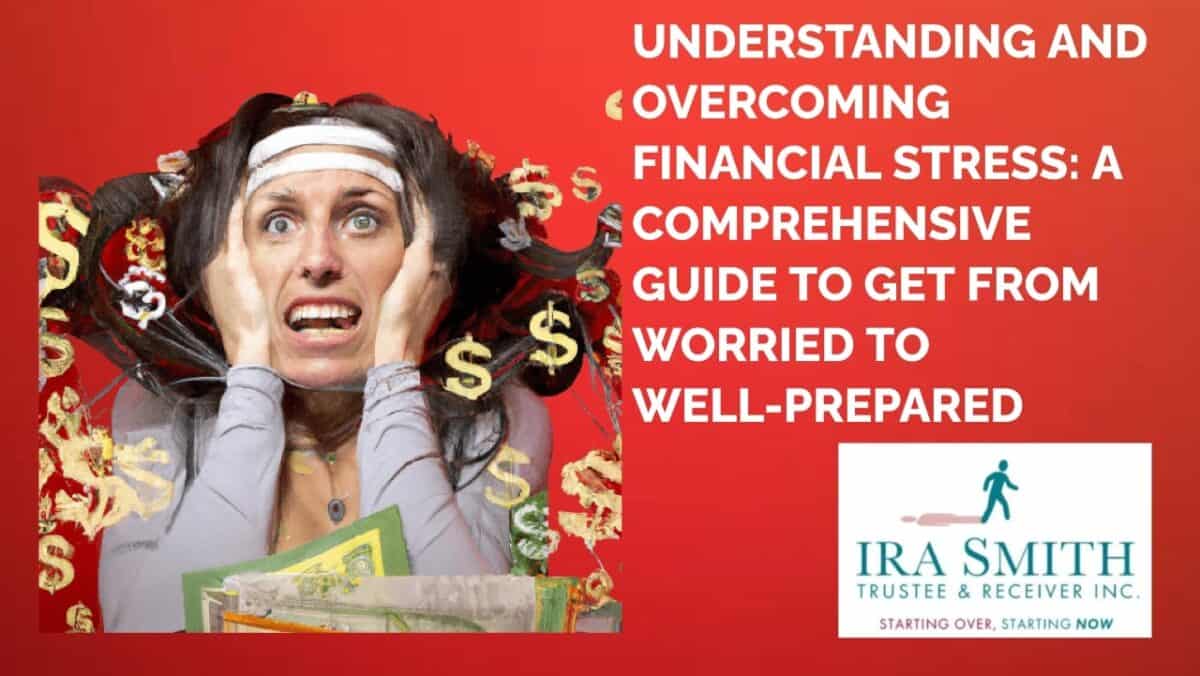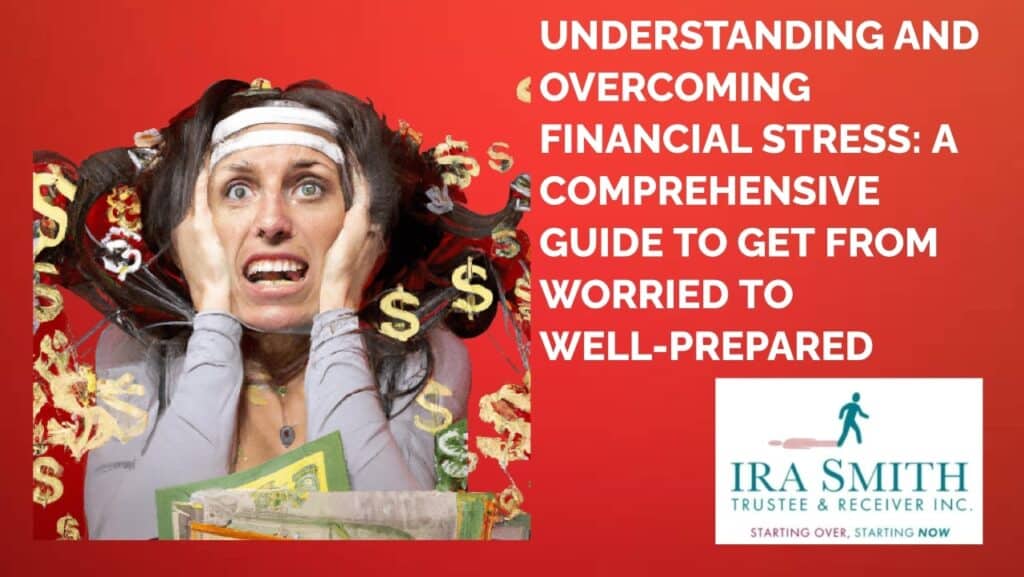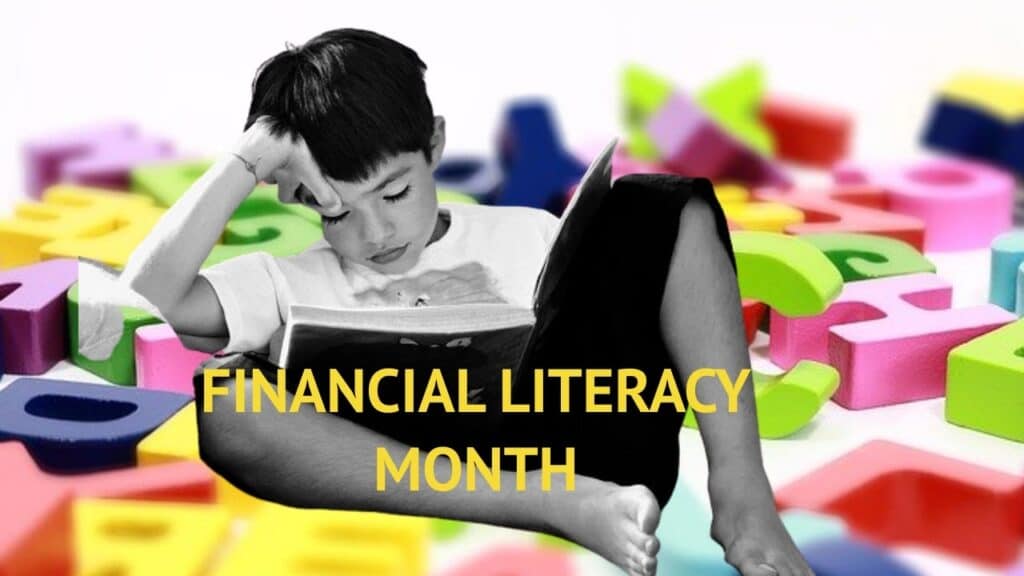Financial Education for Children: Laying the Foundation for a Bright Financial Future
As mothers and fathers, we aspire to provide our offspring with a solid foundation in life – one that fosters not only their physical and mental well-being but also their financial well-being. We don’t want our kids simply to get by. We want them to be successful.
When it comes to achieving success, avoiding mediocre to poor financial outcomes is a big part of it. Yes, not being broke, not being in debt, and not losing money should be seen as steps along the path to the up-and-away, soaring eagle kind of success. Financial literacy through financial education is a part of that foundation.
Instilling saving habits in children can be engaging and educational. By setting achievable goals, creating personalized savings plans with playful aspects, and celebrating milestones, we emphasize the value of money management. Opening a bank account can also help children develop essential financial skills for the future.
Why Financial Education for Children Matters
It is increasingly necessary to provide children not just with information but with essential life skills. Key among these skills is understanding how money works – a fundamental lack of understanding that leaves children more vulnerable than ever to scams and poor financial decisions. When children are taught the basic tenets of financial safety and the age-old principles of budgeting and saving, they are far less likely to make the kinds of young money mistakes that can dog them for years to come.
On a larger life skills level, always remembering to engage their brain and think through decisions involving money can pay huge dividends.
How to Teach Financial Education to Children
Once you have corralled the kids, the first step to making financial education fun is to use real-life situations to teach basic concepts. Use that trip to the grocery store to explain budgeting. Use family conversations about money to illustrate the concepts you want them to grasp. If you need to have a conversation about your family’s financial situation, turn it into a teachable moment for your children. In the same breath, however, you can have a conversation with them that encompasses their future.
Use visual aids when necessary. Use the board in your office. Use a piece of paper. Use your fingers if you have to. But for the love of Elmo, don’t just talk to your kids about money. Play some games with them. And for pegging down complex financial concepts, play The Weekly Allowance Money Game or The Piggy Bank Game. If you’re reading to your children, select books that are even remotely related to finance or economics. Finally, encourage them to start their businesses. The bottom line is: Whatever you do, don’t avoid the topic.
Key Financial Concepts to Teach Children
Teaching kids about money needs to include certain fundamental concepts about money, starting with the idea that money is valuable. They need to know – it should be drilled into them – that while certain things are nice to have, earning and saving money is more important. They need to have some concept of the kind of life you can have when you’re not worrying about money. Better yet, the kind of life you can have when you’ve got a little bit of money and aren’t worrying at all.
Financial Education for Children: The Significance of Opening a First Bank Account
As I ponder childhood milestones, an often overlooked yet pivotal step is opening a first bank account. This simple act can serve as a launchpad for teaching children the essentials of money management, shaping them into financially responsible individuals. Introducing banking at an early age can transform their understanding significantly.
Understanding the Basics of Money Management
From the moment we introduce children to the world of finances, we help them grasp critical concepts surrounding money management. Picture a scenario: a child receives their first allowance money, a palpable representation of their effort and hard work. By guiding them to deposit their money into a bank account, we transform abstract concepts of saving and spending into tangible experiences, allowing them to better understand cash flow.
Research backs up this idea. Studies have shown that when children are exposed to banking practices early in life, they tend to develop better financial habits as they grow older. I recently stumbled upon data suggesting that kids who start managing their own money before adolescence often exhibit healthier spending and saving behaviours in adulthood. It’s a small step that can yield impressive results.
Building Financial Habits from a Young Age
When exploring opening a bank account for children, you will discover that they would not only learn how to save but also become aware of the importance of budgeting. Imagine how they’ll learn to allocate their allowances for different purposes, such as spending on toys, saving for a bike, or even putting aside some money for charitable causes.
- Developing responsible financial habits: Regular visits to the bank, even if just for a simple deposit, can become a fun routine that teaches children about responsibility.
- Understanding interests: When a child’s savings grow beyond a certain limit, they earn interest, transforming their deposited amounts into something more. This tangible representation of growth speaks volumes.
Brenda Hiscock, a certified financial planner, shared a poignant narrative about how she opened a bank account for her son when he was eight years old. Having begun earning money through chores, she recognized that this was the perfect moment to guide him in managing his funds. Her story resonates with many of us as a reminder that financial education can start surprisingly early.
Encouraging Financial Goal-Setting Through Saving
With the introduction of a bank account, the door to goal-setting swings wide open. I can vividly recall my child’s eyes lighting up at the mention of saving money for that coveted video game. By encouraging them to save wisely, we teach them that immediate gratification isn’t everything; sometimes, the joy of reaching a goal far outweighs the thrill of impulsive purchases.
Creating savings goals can start with something as small as buying a new book or as significant as purchasing a bike. Parents can make this process interactive and enjoyable by setting up visual aids like a savings chart, where children can track their progress and celebrate milestones along the way.
Making Saving Fun
Financial education doesn’t have to feel like a tedious chore; instead, it can be an exciting journey of discovery. As part of encouraging saving, allow children to set aside a tiny portion for ‘fun money.’ This means they can indulge a bit while still keeping their primary savings goals in sight. A trip to the local mall or a treat from the concession stand can satisfy their immediate desires while instilling the values of thriftiness and delayed gratification.
These simple yet effective strategies can help instill a sense of responsibility and confidence in young savers. Through engaging discussions about money – even with some playful debates – children grow more curious and excited about finances. After all, teaching them about creating budgets, managing expenses, and saving toward personal goals positions them for success in the future.
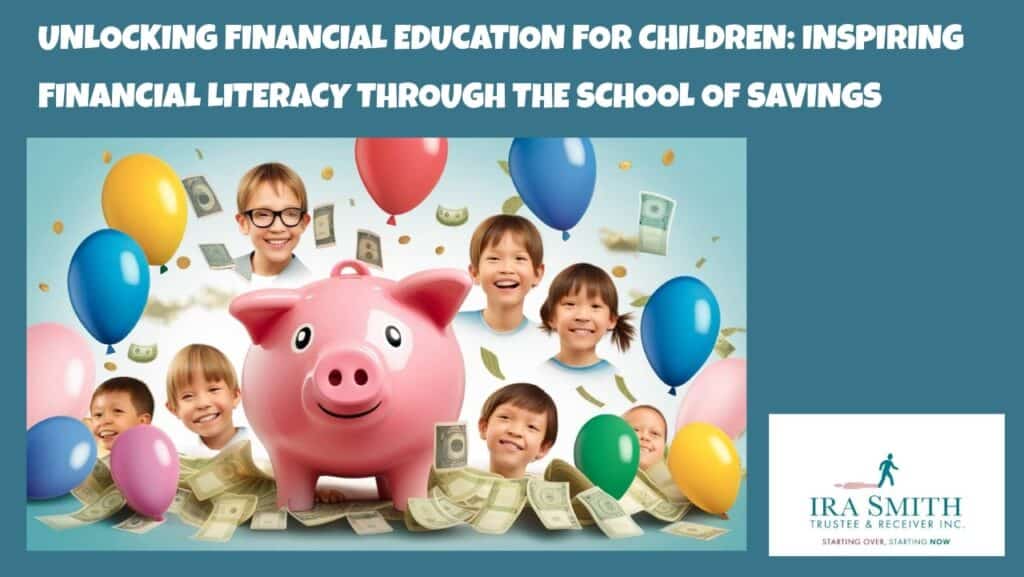
Financial Education for Children: Choosing the Right Account for Young Savers
Navigating the sea of banking options for children, allows you to learn vital information on choosing accounts tailored for young savers. Many banks have specific offerings geared toward minors, providing features such as zero fees and no minimum balance requirements. Just imagine the relief of knowing your child can manage their money without worrying about unnecessary costs!
“Teaching children about finances can begin when they are young as three or four years old.” – Gary Rabbior
While evaluating different opportunities, I discovered Scotiabank’s Getting There Savings Account, which piqued my interest. It offers a modest yet encouraging interest rate; getting children accustomed to seeing their money grow stands as an empowering lesson in itself. Being able to witness those numbers incrementally increase gives them something to look forward to and reinforces the importance of saving.
It is also wise to remain vigilant about account fees. Many banks feature accounts that seem appealing initially but may come with hidden charges. Always read the fine print! I’ve often found that the accounts promising the most significant returns can sometimes trick us with associated fees that cancel out any gains.
Comparing Fees and Features of Different Banks
It is essential to get into the nitty-gritty details of different bank accounts. It’s not just about which bank has the most colourful advertisements or the best location. I needed to dive deep into their features, focusing on two main aspects: fees and product offerings.
- Account Fees: I was astonished to see the wide range of fees different accounts charged. From monthly maintenance fees to transaction costs, not all accounts were created equal. Some accounts for young savers offered zero charges, while others had fees that could eat into precious savings. You must ensure to select an account that won’t penalize your kids for simply wanting to manage their money.
- Transaction Features: Some banks allow a couple of free withdrawals or debit transactions each month, which can be a valuable feature as children learn budgeting skills. Make a list of accounts that allows for no or minimal fee transactions, which will help kids learn about budgeting without being hit by extra charges every time they make a financial move.
As I compared different institutions, I realized that the necessity of having an engaging banking experience shouldn’t be overlooked. Accounts that offer educational materials or have a money management app for parents geared toward kids can make learning about finances fun and interactive.
Benefits of Accounts with Interest Rates
Once you have a handle on the various fees, move on to another critical aspect; interest rates. A savings account shouldn’t just serve as a piggy bank; it’s an opportunity for children to learn about growing their money.
Adding a little bit of math into the mix doesn’t hurt either! You can show your children how even a small interest rate could make their money grow, turning their savings goals, like purchasing the newest video game, into manageable tasks rather than distant dreams.
Checking for Hidden Charges
The devil is always in the details, and this rings doubly true when it comes to young saver accounts. Exploring the fine print is crucial. As I examined various accounts, I was careful to check for hidden charges which can easily sneak up on you. Some accounts that appeared advantageous at first glance turned out to have fees for not meeting certain balance thresholds or for exceeding the number of allowed transactions.
I found it rather poignant when Jason Heath mentioned, “A bank account isn’t just a place to keep money; it’s a platform for teaching financial skills.” This resonated with me because it reinforced the idea that choosing the right account goes beyond just numbers; it also lays the groundwork for financial habits children will retain for a lifetime.
Researching Banks’ Young Saver Accounts Is More Than Just Rates and Fees
Engaging in thorough research is a necessity in my opinion, as different banks showcase distinct offers. Each institution has unique educational programs or tools aimed at instilling a sense of responsibility and understanding in young savers. Exploring various options gives a broader perspective on what institutions prioritize financial lessons for children. This understanding helps in selecting an account that aligns to teach children valuable lessons about managing money wisely and responsibly.
Ultimately, everyone’s financial strategies will differ. While some parents flock toward accounts with high interest rates, others may focus on those that emphasize a strong suite of educational tools. A balanced approach to teaching a child about money, combining both aspects is essential for maximizing the learning experience while also nurturing a child’s financial independence.
Financial Education For Children: Instilling Good Saving Habits Through Practical Experiences
I believe that it is one of a parent’s top priorities is to ensure that their children grow up with a solid understanding of how to manage money. Instilling good saving habits and overall money management skills in kids can be an enlightening and enjoyable experience. By setting achievable savings goals together, creating personalized savings plans, and even allowing for some fun expenses, parents are embarking on a meaningful money-smart journey through financial education toward financial literacy.
When a child approaches a parent with the desire to save up for a new video game or toy, it is the perfect opportunity to dive into the world of saving. Set a realistic and attainable savings goal together with your child. Instead of overwhelming the child with the total cost, break it down into manageable weekly amounts. This way, saving feels less like a chore and more like a game to be tackled together.
Creating a personalized savings plan is another significant step in teaching children about money. Guide your children in charting out their savings goals on a colourful poster board. Decorate it with illustrations that capture the essence of what the child is saving for. This visual representation encourages a child to think about spending habits more critically, empowering the child to make better choices. Use stickers to track progress, which makes the whole process engaging and motivating.
Saving doesn’t always have to be serious. Incorporating fun expenses within savings goals helps strike a balance. A child should set aside a small portion of their savings for something enjoyable – maybe a little treat or a small toy. This approach teaches children that while saving is important, enjoying one’s money is equally valuable. They can learn firsthand that budgeting doesn’t mean deprivation; it can mean thoughtful enjoyment.
“Begin to talk about money when your child is in second or third grade. That’s when most kids’ math skills get to the point where they’re able to understand this kind of arithmetic.” – David Anderson, PhD
Make celebrating small savings milestones a regular practice in your household. Whether it was hopping into the local ice cream shop or having a movie night where your child can pick the film, each little victory becomes a reason to celebrate. Acknowledging these achievements reinforces positive behaviour and makes saving an enjoyable habit rather than a burdensome task.
Developing a habit of saving in young children can lead to better financial stability in adulthood. These are lessons that will serve children well for their entire life. By experiencing real-world savings, children are developing essential skills that will ease future financial decisions—skills like budgeting, planning, financial responsibility and responsible spending.
Opening a bank account for children is a pivotal step toward fostering essential financial skills. With children now back in school and the Canadian National Exhibition in the backdrop, the discussions around financial literacy became quite relevant. It’s the perfect chance to lay that foundational knowledge as kids get excited about back-to-school shopping and the prospect of managing their finances. The financial world’s complexities might seem daunting at first, but experiencing them early has proven invaluable for my child.
One of my favourite moments came when I explained to him the importance of setting realistic savings goals. All too often, kids envision that saving money means they’ll have access to whatever they wish right away. By reiterating the concept of waiting and patience—points that can be hard for any child—I’ve noticed a positive shift in how he approaches his goals. It no longer feels like something to dread; instead, it’s an adventure full of anticipation and rewards.

Financial Education For Children: Final Thoughts on Financial Literacy for Kids
Opening a bank account lays the groundwork for a child’s understanding of money management. This essential first step will help them venture into a world where they can confidently make informed financial decisions. As we enter the back-to-school season, it may be the perfect opportunity to initiate conversations about banking and teach our children valuable financial literacy skills that will serve them for a lifetime.
In all honesty, our role as parents is to equip the next generation with the tools they need for financial independence. Establishing a first bank account is just one way we can begin to fulfill this crucial mission. So let’s embark on this journey together, instilling a sense of purpose and excitement around managing money!
In closing, instilling good saving habits through practical experiences lays an essential foundation in my child’s understanding of financial management. It’s about building a positive relationship with money, exhibiting responsible behaviour, and cultivating a sense of achievement. Every step, every small savings milestone we reach, brings us closer to financial empowerment. Through this journey, I find that both my child and I are learning valuable insights that will resonate deeply into our futures.
Financial Education For Children: Conclusion
I hope you enjoyed this financial education for children Brandon’s Blog. Do you or your company have too much debt? Are you or your company in need of financial restructuring due to distressed real estate or other reasons? The financial restructuring process is complex. The Ira Smith Team understands how to do a complex restructuring. However, more importantly, we understand the needs of the entrepreneur or someone with too much personal debt.
You are worried because you are facing significant financial challenges. It is not your fault that you are in this situation. You have been only shown the old ways that do not work anymore. The Ira Smith Team uses new modern ways to get you out of your debt troubles while avoiding bankruptcy. We can get you debt relief freedom.
The stress placed upon you is huge. We understand your pain points. We look at your entire situation and devise a strategy that is as unique as you and your problems; financial and emotional. The way we take the load off of your shoulders and devise a plan, we know that we can help you.
We know that people facing financial problems need a realistic lifeline. There is no “one solution fits all” approach with the Ira Smith Team.
That is why we can develop a restructuring process as unique as the financial problems and pain you are facing. If any of this sounds familiar to you and you are serious about finding a solution, contact the Ira Smith Trustee & Receiver Inc. team today.
Call us now for a free consultation. We will get you or your company back on the road to healthy stress-free operations and recover from the pain points in your life, Starting Over, Starting Now.
The information provided in this Brandon’s Blog is intended for educational purposes only. It is not intended to constitute legal, financial, or professional advice. Readers are encouraged to seek professional advice regarding their specific situations. The content of this Brandon’s Blog should not be relied upon as a substitute for professional guidance or consultation. The author, Ira Smith Trustee & Receiver Inc. as well as any contributors to this Brandon’s Blog, do not assume any liability for any loss or damage resulting from reliance on the information provided herein.


